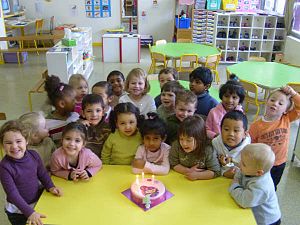 |
They may argue with parents or teachers, refuse to do chores at home, throw tantrums to get what they want, or become verbally or physically aggressive.
This does not have to be accepted or tolerated. Nor should it be.
Here are the 11 Best Discipline Strategies Ever to deal with these situations and helping your child to ultimately become self-disciplined.
1. Set firm limits and teach your child that he or she is expected to adhere to them. Provide opportunities for your child to make choices, and have the consequences of each choice clear. Allowing children to make decisions for themselves within limits helps them feel they have some control over their lives.
2. Make sure you are firm and consistent in setting and enforcing limits. Coordinate efforts with your spouse or others who co-parent with you and work together as a team. Choose carefully those areas where it is really important to take a stand, and put less energy into dealing with minor problems.
3. Be prepared for unusual situations where discipline might be a problem such as a trip to the doctor's office or a ride on the bus.
4. Keep an eye on what is happening. Don't leave children entirely on their own for long periods of time.
5. Distract young children from the problem that you see brewing.
6. Occasionally ignore a mistake or remark that "just slipped out". Never ignore the child.
7. Give children the option for a "time-out". If a child is visibly upset, tell the child you are happy to discuss it or the child can think about the problem in private and then rejoin the family or group whenever she or he chooses.
8. Provide a cool-down period right before bed. Limit stimulation and activity.
9. Don't engage in rowdy games with your children. Your children will become disrespectful of you.
10. Involve the whole family in understanding and setting rules. Ask for disciplinary suggestions from children.
11. Enforce the rules once they are set.
What do you think of these strategies. Do you have any that you would like to add? Leave your comments below.



